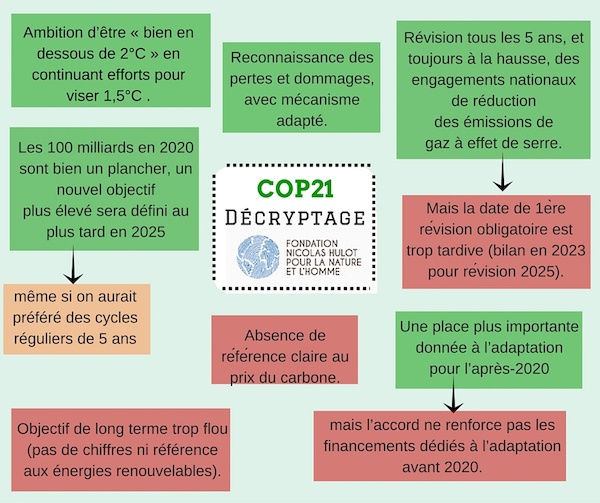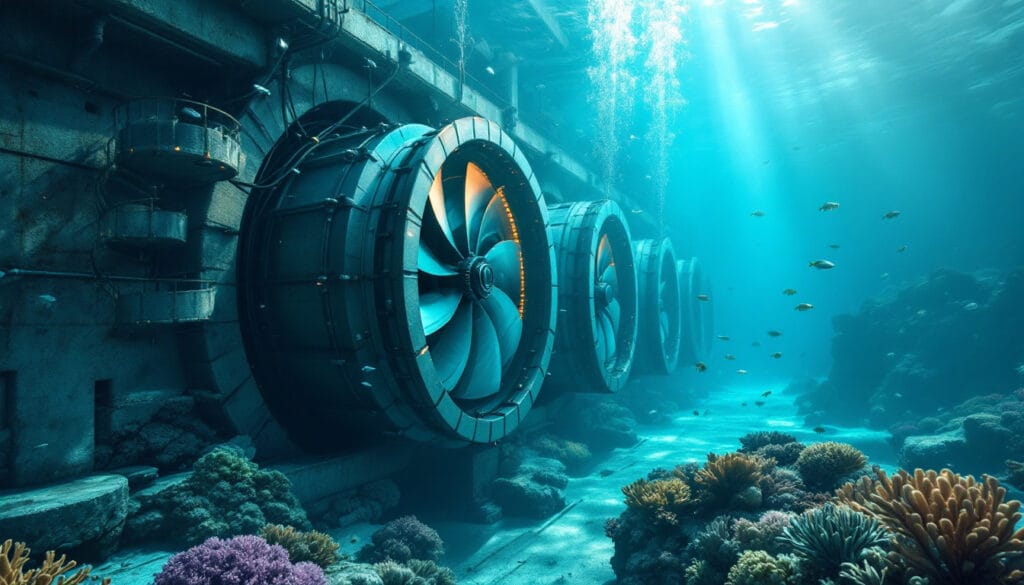The COP21, held in Paris, marked a decisive turning point in the fight against climate change. This international conference brought together nearly 196 countries, all determined to develop a universal and legally binding agreement. The Paris Agreement, born from this meeting, aims to limit the increase in global temperature to less than 2°C compared to pre-industrial levels. States committed to reducing their greenhouse gas emissions and promoting sustainable measures to achieve carbon neutrality. The COP21 provided a new impetus for collective efforts to preserve our planet while involving every country in this essential endeavor.
The COP21, which stands for the 21st Conference of the Parties, took place in Paris in December 2015. This international conference gathered the signatory countries of the United Nations Framework Convention on Climate Change (UNFCCC) with the aim of negotiating a new global agreement to combat climate change. The COP21 resulted in the Paris Agreement, a legally binding treaty that establishes a framework for action to reduce greenhouse gas emissions.
The Paris Agreement aims to limit the increase in global temperature well below 2°C compared to pre-industrial levels and to continue efforts to limit this increase to 1.5°C. It commits states to set their own emission reduction targets and to review these targets regularly to enhance climate ambition over time.
Another key element of the Paris Agreement is the call for carbon neutrality, or the equivalence between carbon emissions and what is absorbed by the planet, by the second half of the 21st century. The goal is for each country to implement national policies to achieve this balance, thereby promoting sustainable and innovative practices in the field of green energy.
The COP21 also emphasized the importance of assistance to developing countries, by strengthening their capacities and providing them with financial resources to achieve their own climate goals. It was agreed that developed nations would jointly mobilize $100 billion a year by 2020 to support the efforts of developing countries.
The implementation of the Paris Agreement relies on transparency and accountability. A strengthened transparency system has been established to track progress and ensure the integrity of each country’s efforts. States must submit regular reports regarding their goals, actions, and progress, thereby creating a dialogue mechanism between nations to jointly enhance their ambitions.
The COP21 marked a notable turning point through the collective commitment of 195 countries towards a common climate action. This event also highlighted influential figures, such as Christiana Figueres, the driving force behind the UNFCCC, who played a crucial role in mediating and bringing about this agreement.
In conclusion, the COP21 and the Paris Agreement set new standards for international cooperation on environmental issues. They paved the way for conscious and comprehensive management of climate change, involving all actors, including governments, businesses, and civil society, in a collective effort to preserve our planet.

Q: What is COP 21?
A: The COP 21 is the 21st Conference of the Parties, an international climate conference that took place in Paris. It aimed to combat climate change through a new international agreement applicable to all countries.
Q: What is the main objective of COP 21?
A: COP 21 primarily aimed to keep global warming well below 2 °C compared to pre-industrial levels and to continue efforts to limit this increase.
Q: What is the significance of the Paris Agreement?
A: The Paris Agreement, resulting from COP 21, is legally binding and provides an international framework for action against climate change, committing states to reduce or limit their greenhouse gas emissions after 2020.
Q: What were the main issues discussed during COP 21?
A: The main issues included the goal of carbon neutrality, or the goal of net zero emissions, and international cooperation to achieve climate goals sustainably.
Q: Who was a key figure in organizing COP 21?
A: Christiana Figueres played a crucial role in organizing and implementing the United Nations Framework Convention on Climate Change, of which COP 21 is a part.
Articles similaires
Thank you!
We will contact you soon.













